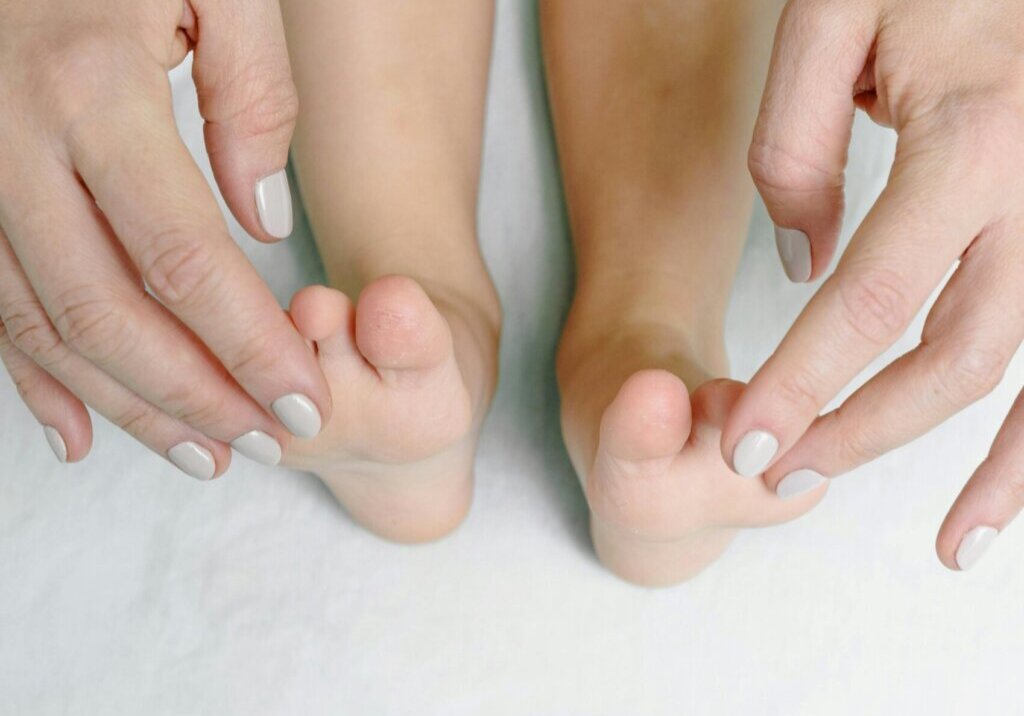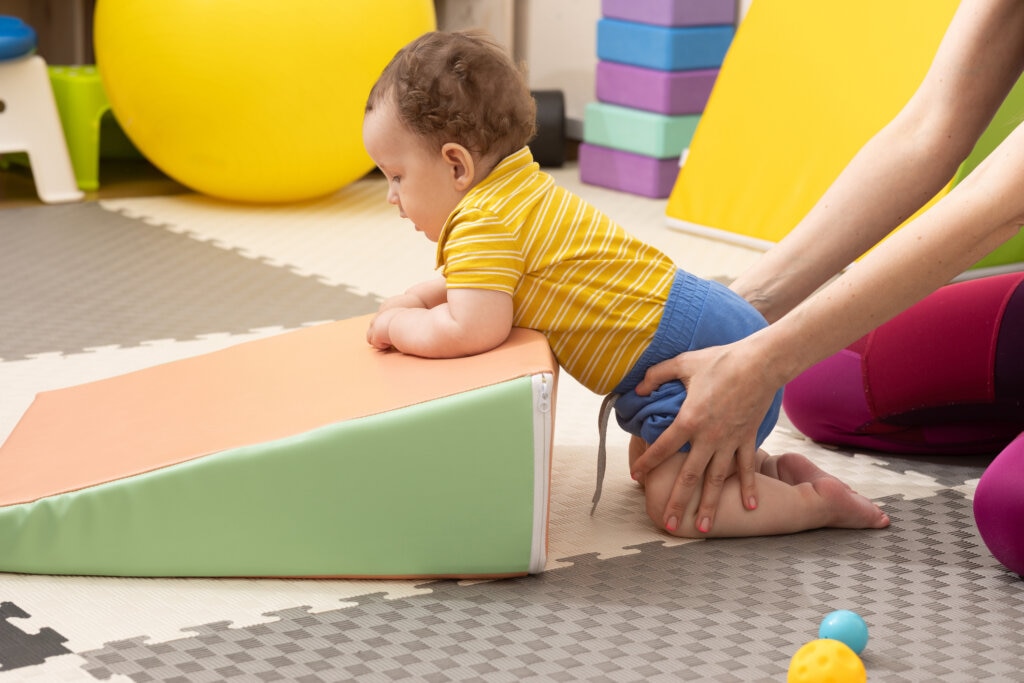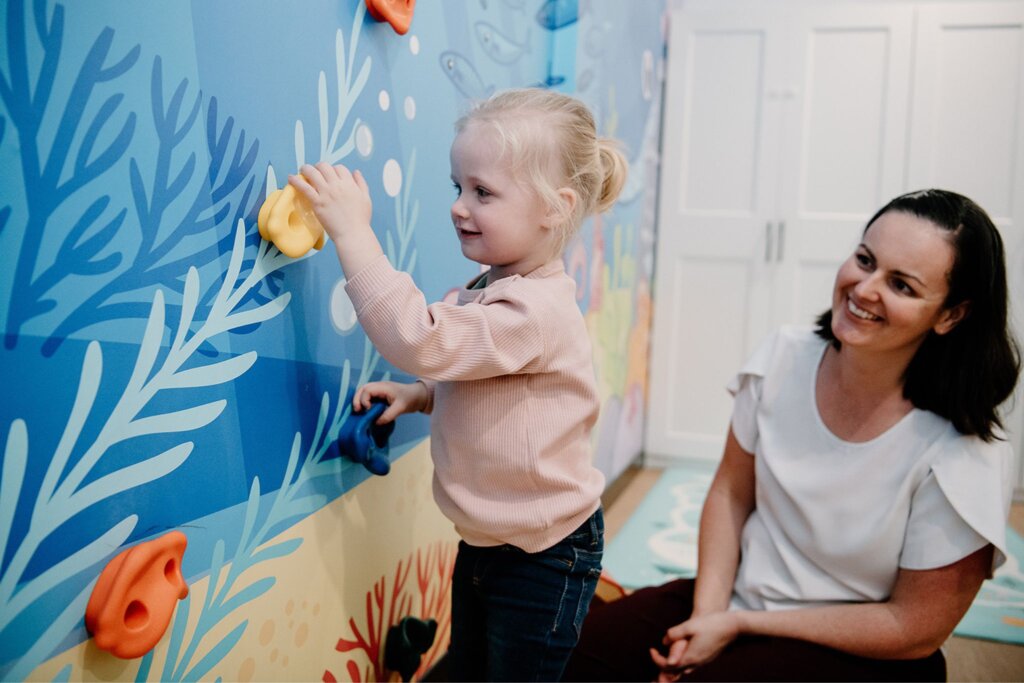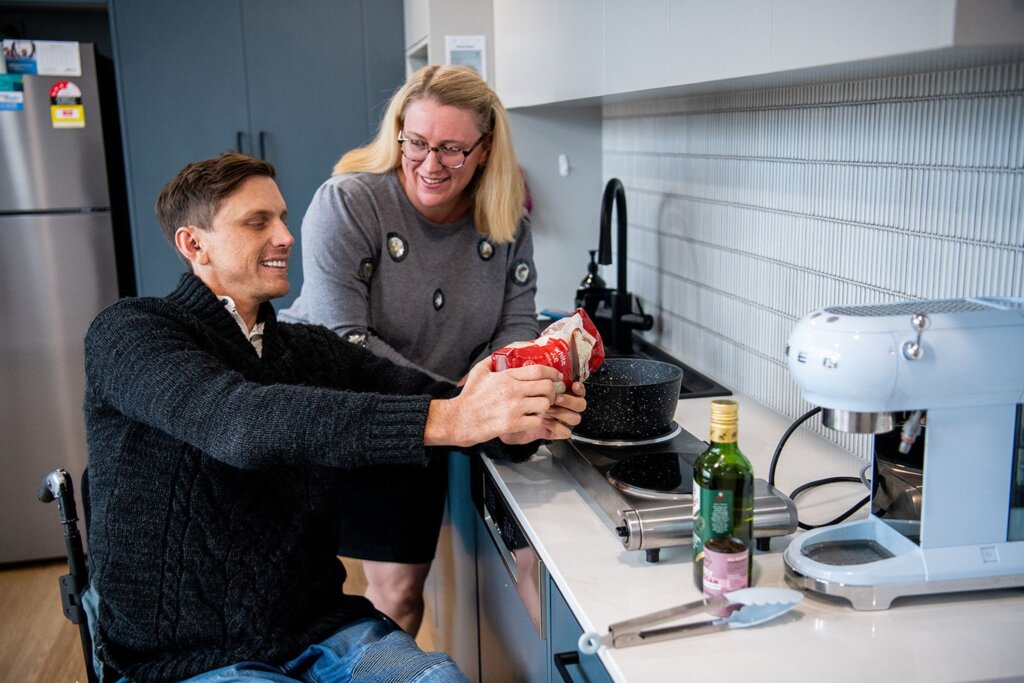Everything You Need to Know About Kids’ Physiotherapy
Recent Posts

Physiotherapy for children is a specialised branch of healthcare dedicated to enhancing the physical well-being of young individuals. It focuses on addressing a range of mobility, developmental, and physical challenges unique to growing bodies. By employing targeted techniques, physiotherapists help children overcome barriers that affect their ability to move, play, and participate in everyday activities.
Children might require physiotherapy for a variety of reasons, including developmental delays, managing conditions like cerebral palsy or injury recovery. Their needs differ significantly from those of adults, as their bodies are still in the process of growing and adapting. This makes specialised care crucial for achieving the best outcomes.
What Is Paediatric Physiotherapy?
Paediatric physiotherapy, also known as paediatric physical therapy, is a specialised branch of physiotherapy dedicated to addressing the unique physiological and developmental needs of infants, toddlers, and older children.
Paediatric physiotherapy encompasses numerous growth-related challenges. It accounts for the dynamic changes occurring in a child’s muscles, bones, and nervous system, making it distinct from its adult counterpart.
Various terms might be used interchangeably in this field, including “child physiotherapy” or “children’s physical therapy,” but all point to the same specialised discipline. No matter what it’s called, its core focus remains the same: fostering optimal development and mobility in children.
What Does a Physiotherapist Do for a Child?
A paediatric physiotherapist plays a pivotal role in helping children achieve their physical potential. These professionals are trained to assess, diagnose, and treat a variety of conditions that affect a child’s ability to move and function.
Common treatments include:
- Stretching exercises to improve flexibility and prevent muscle tightness.
- Strengthening routines aimed at building endurance and resilience in underdeveloped muscles.
- Mobility aids, such as walkers or braces, to support independent movement.
Each child receives a tailored treatment plan based on their specific needs. This begins with a thorough evaluation, which might involve analysing movement patterns, testing strength and balance, and consulting with caregivers to understand the child’s daily challenges. The goal is always to create an engaging and supportive environment where children feel empowered to progress at their own pace.
Conditions That Pediatric Physiotherapists Treat
Paediatric physiotherapists are trained to address a broad range of conditions that can affect a child’s mobility, posture, and overall development. These conditions vary from congenital or neurological issues to developmental delays. We understand how concerning these symptoms can be for parents, and physiotherapy offers tailored solutions designed to support your child’s unique needs.
Mobility Challenges
Children may experience difficulty moving, walking, or participating in physical activities. Paediatric physiotherapists can assist in overcoming these challenges through targeted exercises and mobility aids. Common symptoms include:
- Hypotonia (Low Muscle Tone): Floppy limbs or difficulty holding an upright posture.
- Hypertonia (High Muscle Tone): Stiffness or rigidity affecting coordination and fluid movement.
- Delayed Milestones: Struggles with sitting, standing, running, jumping, walking, or crawling.
- Gait Abnormalities: Uneven stride, limping, or dragging of feet.
- Toe-Walking: Walking on toes instead of flat feet.
Postural Concerns
Posture is essential to a child’s physical development, and issues can impact movement and comfort. Paediatric physiotherapy can help correct and improve posture, reducing long-term effects. Symptoms include:
- Scoliosis: Visible spine curvature or uneven shoulders and hips.
- Postural Concerns: Difficulty sitting upright, slouching, or having a rounded back.
- Torticollis: Tilted head due to tight neck muscles or restricted movement.
Joint and Muscle Issues
Children’s muscles and joints can be affected by injury, condition, or abnormal development, leading to discomfort and limited function. Paediatric physiotherapists develop personalised treatment plans to address:
- Joint Pain or Stiffness: Discomfort in hips, knees, or other joints that may hinder movement.
- Muscle Weakness: Difficulty performing tasks that require strength, such as climbing, carrying objects, or standing for extended periods.
- Coordination Challenges: Trouble with tasks like catching a ball, handwriting, or fine motor skills.
Congenital and Neurological Conditions
Congenital and neurological conditions often require ongoing physiotherapy to manage symptoms, improve mobility, and enhance the child’s quality of life. These conditions may include:
- Cerebral Palsy: A neurological disorder that affects movement, muscle tone, and posture. Physiotherapy helps improve mobility and reduce spasticity.
- Spina Bifida: A birth defect that affects the spinal cord and may require physiotherapy for movement and posture improvement.
- Muscular Dystrophy: A condition that causes progressive muscle weakness, where physiotherapy helps slow progression and maintains independence.
By addressing these conditions and symptoms, physiotherapists play a crucial role in enhancing the quality of life for children and their families.

Benefits of Physiotherapy for Children
Physiotherapy offers a wealth of benefits that extend far beyond physical improvement.
- Support for Physical Development: From improving gross motor skills like walking to fine motor skills such as gripping, physiotherapy nurtures every aspect of a child’s growth.
- Enhancements in Mobility, Balance, and Strength: Targeted exercises help children gain better control over their bodies, reducing the risk of falls and other injuries.
- Long-Term Management of Chronic Conditions: For children with lifelong challenges, such as muscular dystrophy, physiotherapy provides tools to manage symptoms and maintain independence as they grow.
By addressing both immediate and long-term needs, paediatric physiotherapy lays the groundwork for healthier, happier lives.Our children’s physiotherapy clinic is nearer than you think. Our physiotherapists are available to visit you at home across Brisbane Northside & Southside, Logan, Ipswich, and the Northern Gold Coast.
Alternatively, you can see us at our clinics in North Lakes & Upper Mount Gravatt. For those in the Moreton Bay Region, our dedicated Allied Health Assistant can support your physiotherapy needs by implementing your tailored treatment plans.
Every child deserves the chance to move, play, and explore the world around them. To learn how our paediatric physiotherapy services can support your little one’s journey toward their full potential, contact us today on 07 3139 1202, email us at admin@mytherapycrew.com.au or fill out our form below:





